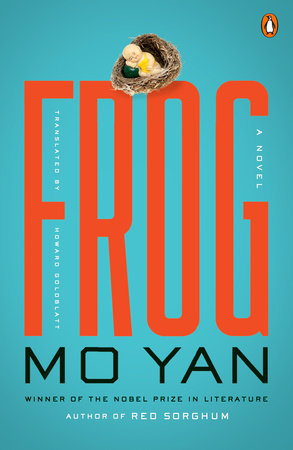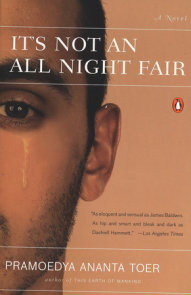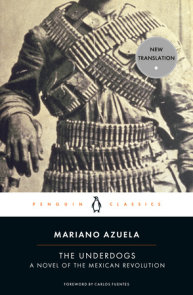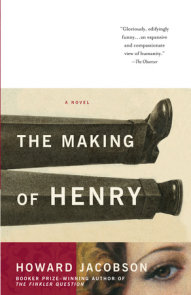READERS GUIDE
Questions and Topics for Discussion
INTRODUCTION
At the opening of Nobel laureate Mo Yan’s novel Frog, Wan Zu (nicknamed Xiaopao or Tadpole) is aflame with literary ambition. Sugitani Akihito, a visitor from Japan, recently delivered a lecture entitled “Literature and Life” to the citizens of China’s rural Northeast Gaomi Township. Upon hearing about Tadpole’s extraordinary Aunt Gugu, Sugitani “urged local literature fans to create poignant works of art out of [Gugu’s] life” (p. 3). Tadpole embraces the challenge.
In a letter to Sugitani written in 2002, Tadpole announces his intentions to write a play. First, however, he will provide Sugitani a detailed account of his aunt’s life. Gugu, the daughter of a renowned military doctor, is born in 1937. As a young girl, she—along with her mother and grandmother—is taken hostage by occupying Japanese forces in an attempt to force her father into joining their medical unit. A devoted Communist, Gugu’s father refuses, and the three are eventually released unharmed.
After her father’s death, party officials reward his loyalty by allowing the beautiful and intelligent Gugu to choose her future career. Gugu becomes a doctor, specializing in obstetrics, and quickly displaces the township’s untrained and largely mercenary midwives. She is only seventeen when she delivers Chen Bi, the first of thousands of babies she will eventually usher into the world. Tadpole himself will be the second.
“From 4 April 1953 to 21 December 1957, [Gugu] performed 1612 deliveries” (p. 26). This is Gugu’s golden age. She is universally esteemed and becomes engaged to a handsome air force pilot. Everyone agrees that Wang Xiaoti is an excellent match—until he defects to Taiwan to join Chiang Kai-shek.
Gugu claims that she knew nothing about her fiancé’s treasonous intentions, but her own allegiance is questioned. When she is exonerated in 1961, Gugu throws herself into her work, even as a widespread famine ensures that “over a two-year period . . . not a single infant was born in any of the more than forty villages that made up the People’s commune” (p. 52).
When a bumper crop of sweet potatoes sets off a baby boom, each new birth is rewarded with “coupons for sixteen and a half feet of cotton and two jin of soybean oil” (p. 65). Soon, however, the party leadership realizes that the population explosion could strain the nation’s resources in the years to come.
Gugu takes on a new role: the heartless enforcer of China’s one-child policy, performing hundreds of vasectomies and abortions—even on near-term fetuses and upon frequently unwilling patients. In the years that follow, Gugu’s unblinking allegiance to the party will transform not only her own life but also that of Tadpole, Chen Bi and hundreds of other ordinary citizens who will risk everything to have another child.
Spanning more than seventy years of China’s tumultuous history, Frog is a masterwork by one of the world’s most important writers, as well as a riveting and heartrending saga of life in Communist China through the lens of its most infamous policy.
ABOUT MO YAN
Born in 1955 to a family of farmers, Guan Moye writes under the penname Mo Yan—which means “Don’t Speak” in Chinese. Inspired, in part, by William Faulkner’s Yoknapatawpha County, Yan fictionalizes his birthplace of Gaomi County in Shandong province as Northeast Gaomi Township in Frog as well as in many of his earlier novels. Yan focuses on the lives of the downtrodden villagers and workers, and his work is characterized by a darkly comic, sometimes surreal storytelling style. The author of ten novels, Yan was awarded the Nobel Prize in literature in 2012, making him the first resident of mainland China to receive the award.
DISCUSSION QUESTIONS





















